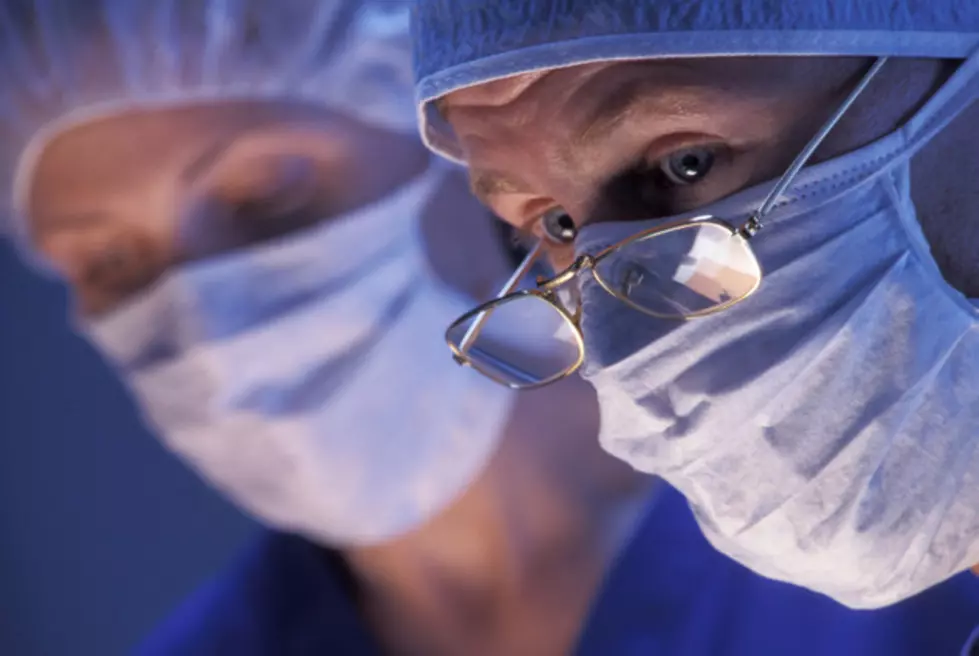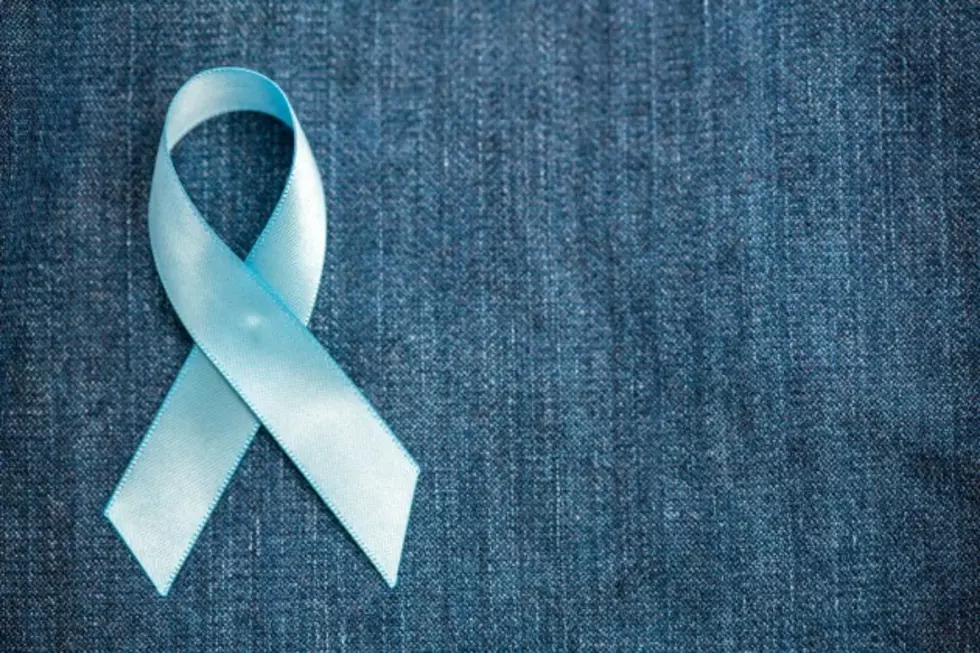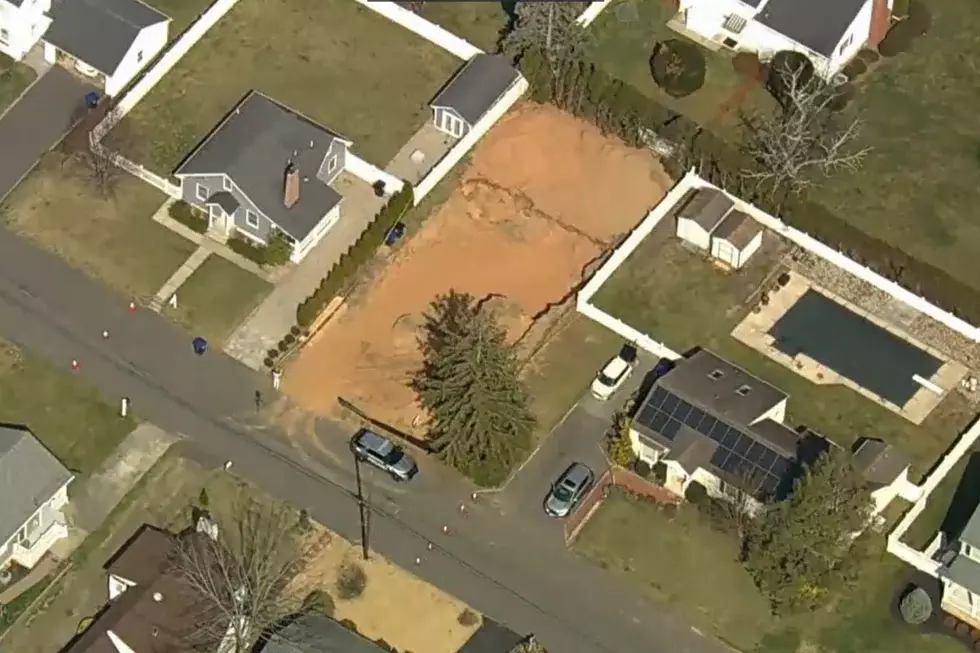
The problem with so many people surviving cancer
A new study finds as more and more people survive cancer in New Jersey and across the nation, they may not be getting adequate follow-up medical care.
The Rutgers University study finds there are not enough oncologists to take care of this growing patient population, and primary care physicians don’t have the training and expertise to properly care for many cancer survivors.
According to the National Cancer Institute, there are about 15.5 million cancer survivors in the U.S. right now, and that number is expected to grow to 20.3 million within nine years.
“Oncology has been so successful there’s a lot more people to treat, so it becomes a lot more than oncology can really manage,” said Benjamin Crabtree — a professor of family medicine at the Rutgers University Robert Wood Johnson Medical School, a medical anthropologist and one of the authors of the study.
Crabtree said that a primary care physician can’t adequately take care of this growing number of cancer patients because “there is no cancer survivorship training in residency programs, and so they’re not getting it trained there, and it’s not part of the continuing education that they get.”
He said primary care doctors do a very good job of screening and early detection of cancers, but cancer survivors frequently have complicated medical issues and side effects related to their original treatments, and primary care docs may not know what to look for and how to treat it.
To solve the problem, the professor said, primary care training needs to include more information about cancer survivorship, and primary care doctors and oncology doctors should be talking more.
He said another problem is that the format of electronic medical records doesn't allow for detailed information about a cancer patient’s history, and recommendations for future treatment.
“It’s not built into the electronic health records systems that are being used," he said.
He noted comprehensive cancer centers usually have an office of cancer survivorship managed by specially trained nurse practitioners, but more local cancer centers may not offer this.
Crabtree said the bottom line is “there’s going to have to be some adjustments made someplace, either within oncology or primary care or a combination of both.”
You can contact reporter David Matthau at David.Matthau@townsquaremedia.com
More from New Jersey 101.5:
More From New Jersey 101.5 FM








